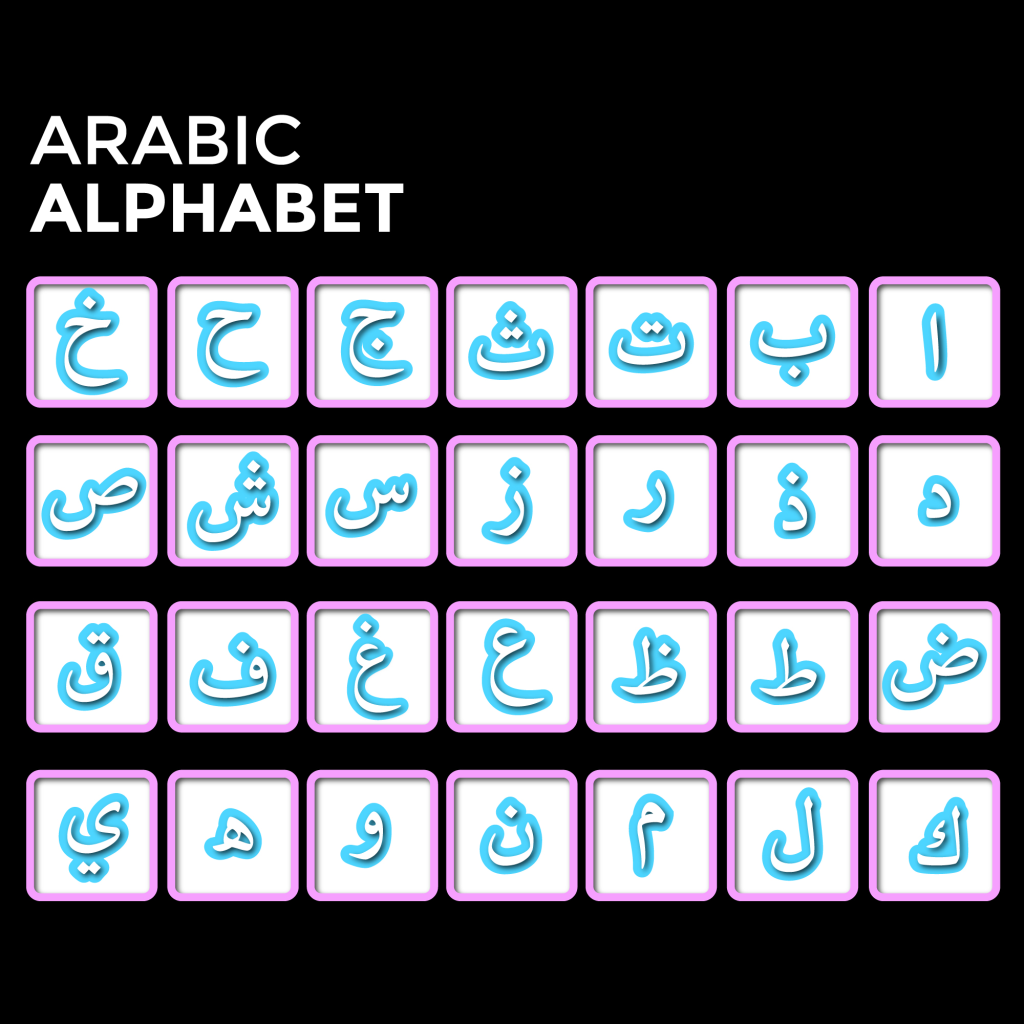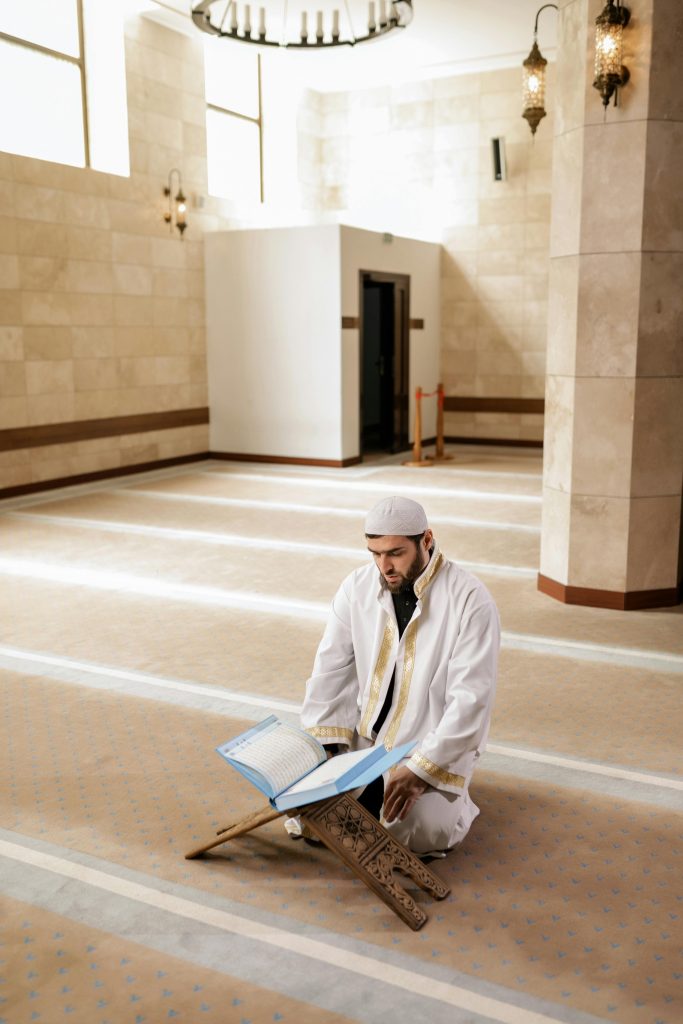
In recent years, there has been a growing interest in learning Arabic, not only in the Middle East and North Africa, but also in the West. As a result, many schools and universities have started to offer Arabic language courses, and language learners around the world are flocking to online platforms and language exchange programs to learn this beautiful language. But have you ever stopped to think, why are we learning Arabic?
Cultural Significance
Arabic is the official language of 25 countries, spanning across the Middle East and North Africa. It is the language of one of the world’s major civilizations, with a rich cultural heritage that dates back thousands of years. From the ancient cities of Petra and Palmyra to the vibrant metropolises of Cairo and Dubai, Arabic is an integral part of the identity of millions of people around the world. By learning Arabic, we gain access to a wealth of cultural knowledge, including literature, art, and cuisine.
Economic Importance
Arabic is also an important language for anyone interested in international business and economics. Many Arab countries have large oil reserves, making them significant players in the global energy market. Additionally, the Middle East is home to some of the world’s fastest-growing economies, with countries like the United Arab Emirates, Qatar, and Saudi Arabia investing heavily in infrastructure, technology, and innovation. As a result, knowledge of Arabic can give businesspeople and entrepreneurs a competitive edge in the global market.
Strategic Value
In a world where global politics and international relations are increasingly interconnected, knowledge of Arabic can be a strategic advantage. The Middle East is a region of critical importance, with many countries playing a key role in global affairs. Understanding Arabic can help policymakers, diplomats, and journalists better understand the complexities of the region, and make more informed decisions.
Moreover, with the rise of extremist groups and conflicts in the Middle East
knowledge of Arabic can be a powerful tool in the fight against terrorism and extremism.
Personal Enrichment
But learning Arabic is not just about cultural significance, economic importance, or strategic value – it is also a personal enrichment.
Arabic is a beautiful language, with a unique script, grammar, and syntax that can be both challenging and rewarding to learn. The language is rich in idioms, proverbs, and poetry, offering a window into the Arab world’s rich cultural heritage. Moreover, learning Arabic can be a transformative experience, allowing learners to connect with others, build bridges, and foster greater understanding and respect between different cultures.
Challenges and Opportunities
Of course, learning Arabic is not without its challenges. The language has a unique script, which can be difficult for non-native speakers to learn. Additionally, Arabic has many dialects, making it challenging to choose the right one to focus on.
However, these challenges also present opportunities – with the rise of online learning platforms
language learners can now access a wealth of resources, including tutorials, podcasts, and language exchange programs.
Conclusion
In conclusion, learning Arabic is an enriching experience that offers a wealth of benefits, from cultural significance
and economic importance to strategic value and personal enrichment.
Whether you are interested in politics, business, culture, or personal growth
knowledge of Arabic can open doors, foster greater understanding, and build bridges between different cultures. So, why are we learning Arabic?
We are learning Arabic because it is a language that can enrich our lives, broaden our perspectives, and connect us with others in meaningful ways.








